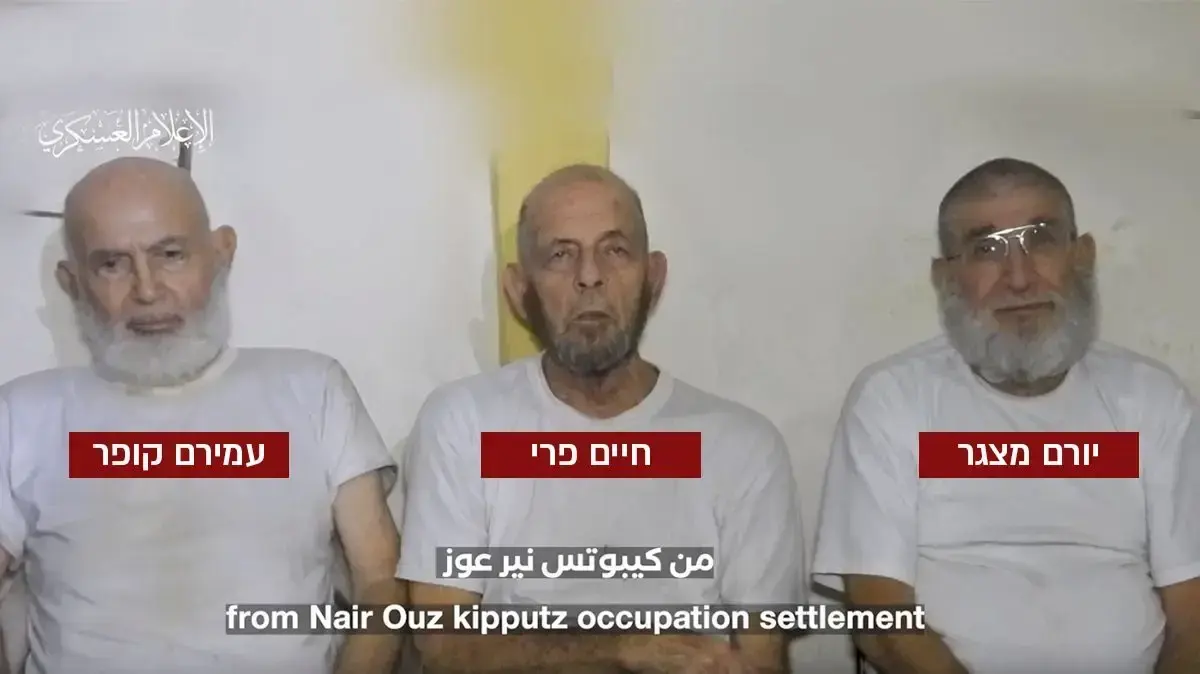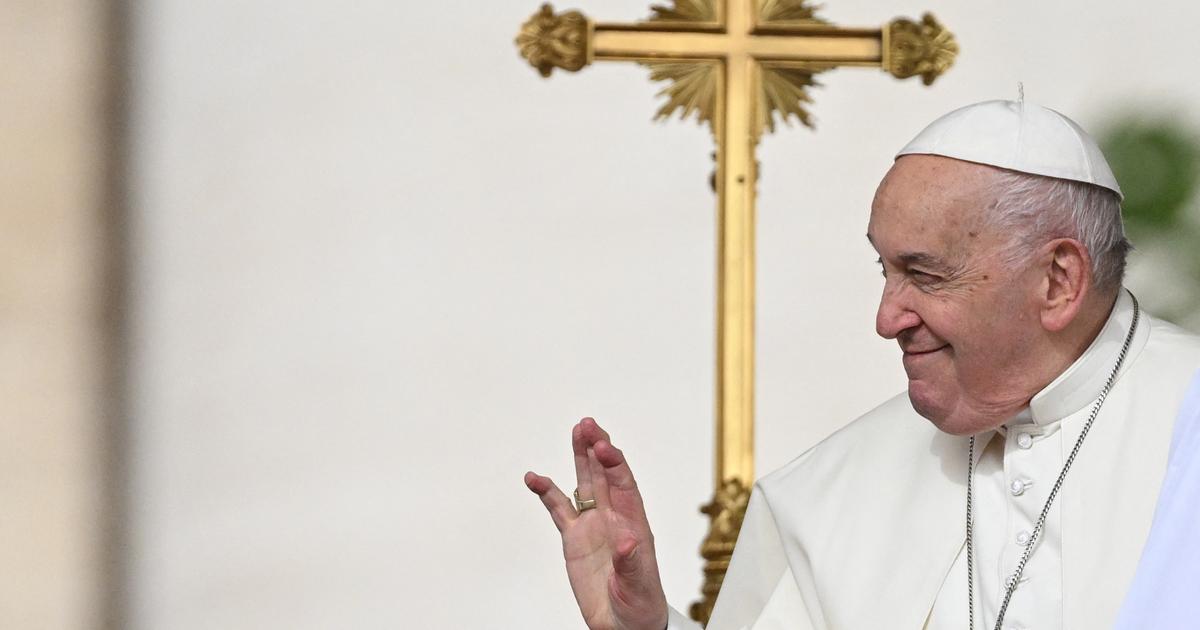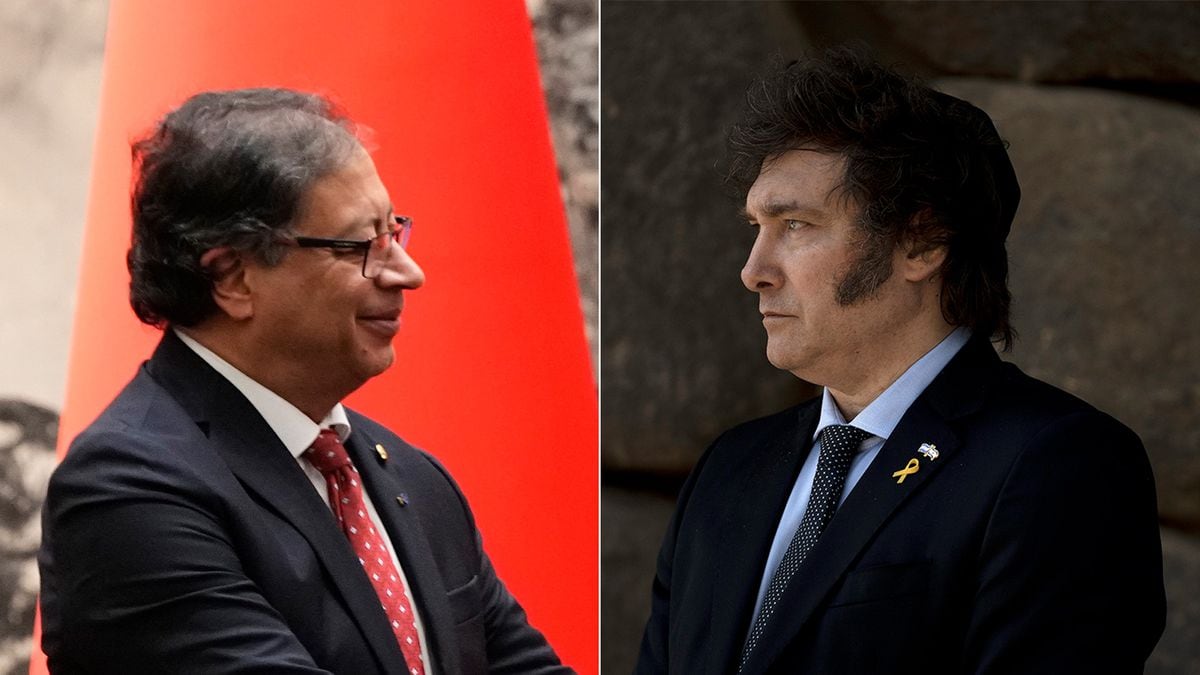Peace activist lost three children in shelling: "For me, reconciliation means moving on"
Created: 2022-12-25 06:09
By: Anna-Katharina Ahnefeld
Most people would give up after experiencing a loss like Izzeldin Abuelaish.
He does not.
A conversation about reconciliation, hatred and humanity.
Gaza Strip/Berlin – How to go on living after seeing the tattered bodies of your daughters lying in front of you?
Killed because an Israeli soldier mistook this house full of children in the Gaza Strip for an enemy target.
This is what IPPEN.MEDIA's
Munich newspaper Merkur
asked
the Palestinian doctor and peace activist Professor Izzeldin Abuelaish at Christmas
.
The 67-year-old wrote about the minutes during the Gaza war in 2009, which divided his life into before and after, in his widely acclaimed book “I will not hate.
My daughters died - my hope lives on" (Langen Müller Verlag).
An interview about reconciliation, survival, hatred and peace between peoples.
Christmas: Is Reconciliation Possible?
Palestinian doctor on his message of peace
Professor Abuelaish, Christmas is a celebration of love, a time of reconciliation.
You yourself lost three of your eight children during the Gaza war.
Yet, as a peace activist, you hold to the value of reconciliation.
What does this word mean to you?
For me, reconciliation means moving on.
And there are good reasons for that.
First: to be reconciled with ourselves.
Second: to reconcile ourselves with others, to clarify things that prevent us from moving forward.
Truth should precede reconciliation.
We need to discuss what happened so it can't happen again.
In your book you explicitly distance yourself from the feeling of hate.
That would be all too understandable, given that Israeli soldiers are responsible for the deaths of your children.
Why?
Because hate is a destructive disease that is contagious.
Too often we let hate and anger take the place of reconciliation.
I've learned to build a shield to overcome hatred.
It is important that we fight against the triggers of hate, namely violence, incitement, racism and discrimination.
You were born in a refugee camp in Palestine, were the first Palestinian doctor to work in Israel, and your life was shaped by the Middle East conflict.
How exhausting is it to keep believing in reconciliation?
I always remember what Albert Einstein said: “Life is like riding a bicycle.
To keep your balance, you have to keep moving.” I have my life, I have my children's lives, and I don't want to drown in hatred.
My daughter once taught me this at the age of 14: hate or violence must not be met with hate.
When each of us reacts in this negative way, it means we are lost.
I have managed to turn my life into something positive and keep moving by keeping my slain daughters alive and spreading this message of peace to the world.
also read
"I'm a bit ashamed": 10,171 euros back payment for civil servants
READ
"Driven to ruin" by energy prices: Not only the poorest in need - Association sounds the alarm at Christmas
READ
Putin suddenly talks about “ending the war”
READ
Iranian drones with US components: Biden's people are alarmed - Tehran warns Selenskyj
READ
Stab against Putin?
Erdogan minister makes bitter war prognosis - and wants to see Crimea with Ukraine
READ
Fancy a journey of discovery?
My space
Does the decision to forgive have to be made over and over again?
Yes of course.
I have to forgive myself and not let it get me down.
But my goal is that my daughters did not die in vain.
Most of the time, people try to avoid responsibility by blaming others and drowning in fear.
We must not allow the fear because we are responsible for ourselves.
Was that only possible for you outside the Middle East?
Or would hatred eventually have defeated you in Palestine?
No, reconciliation is possible everywhere.
I had to avoid harming my living children and myself.
For this I have to be healthy, mentally, physically, spiritually and socially.
In order for this to happen, I need to reconcile with myself.
But yes, the wound is big, the scar there.
I have to be strong not to break from what happened.
Because once you have allowed hatred and its destructive power, you are lost and poisoned.
2009 Gaza War: An Israeli tank fires shells into the Gaza Strip from the Israeli-Palestinian border.
© Guez/afp
About IPPEN.MEDIA
The IPPEN.MEDIA network is one of the largest online publishers in Germany.
At the locations in Berlin, Hamburg/Bremen, Munich, Frankfurt, Cologne, Stuttgart and Vienna, journalists from our central editorial office research and publish for more than 50 news offers.
These include brands such as Münchner Merkur, Frankfurter Rundschau and BuzzFeed Germany.
Our news, interviews, analyzes and comments reach more than 5 million people in Germany every day.
Reconciliation: How can peace between peoples be achieved?
The role of women in peace processes
Reconciliation is also a political concept, a crucial step on the way to peace.
How can this succeed?
Peace must always be the goal.
If you ask someone who is in the hospital what they need to live in peace, the peace for the patient is being able to leave the hospital.
For the one who is homeless it is a home, for the one who is unemployed it is a job.
So peace, freedom and even reconciliation depend on who you are and where you are.
Whether you are a man or a woman, whether you are Palestinian or Israeli, whether you live in Ukraine or Russia, in Afghanistan, in Syria or in Canada.
It depends on what we mean by peace.
For these people, peace is not just a word, it is a way of life.
So peace is the relationships between us and the environment in which we live.
This is personal peace.
But what about peace between peoples, especially in view of Russia's war in Ukraine?
This in turn is collective peace.
Russia's war in Ukraine has affected the whole world.
There can be no peace if there is no peace between Russia and Ukraine.
There are certain basic requirements for collective peace.
Equality, justice and freedom for all, otherwise there is no peace.
But bias, injustice, poverty, discrimination are challenges to be overcome.
We are all the same, we were all born the same.
It is humanity that matters, not skin color or ethnicity.
What prevents humanity from orienting itself on it?
The problem is that we operate separately from each other, in the east, in the west, in the south and in the north.
We are all in one village in this world.
The corona pandemic taught us that, we were all affected.
We are currently experiencing inflation, rising prices, and crises are piling up.
We live in uncertain times, under fear and stress - and we are all potential victims.
Do you know what will happen tomorrow?
Nobody knows.
So I encourage people to look, ask, learn, act, be proactive and not wait for someone to take action.
You set up the “Daughters for Life” foundation, which supports girls and women from the Middle East in financing their studies.
What is the role of women in peace processes?
Our world is dominated by men who make decisions who wage wars.
Who pays the price for this?
women and children.
Often people who were not involved.
That is why we must talk about the very price of war.
About the human suffering caused by the wars in our world.
Consider the Russian invasion of Ukraine.
Can anyone name the spiritual, social, economic, direct and indirect impacts on life and the environment?
The wounds in hearts and souls that can never be healed?
The human price is immeasurable.
Women know about this price, they have always had to pay it.
Therefore, I am convinced that once women are at the negotiating table, they can make a big difference.
Professor Izzeldin Abuelaish
Izzeldin Abuelaish was born in 1955 in a refugee camp in the Gaza Strip.
He was the first Palestinian doctor to work in an Israeli clinic.
He has eight children with his late wife.
During the 2009 Gaza war, three of his daughters and one of his nieces were killed by Israeli tank shells.
He moved to Canada with his remaining children, where he has been teaching at the University of Toronto ever since.
He gained international fame as a peace activist working for Israeli-Palestinian reconciliation.
Abuelaish has been nominated for the Nobel Peace Prize five times.


/cloudfront-eu-central-1.images.arcpublishing.com/prisa/3YAXWGVZTFB6LAZHB6LUMQHDZI.JPG)









